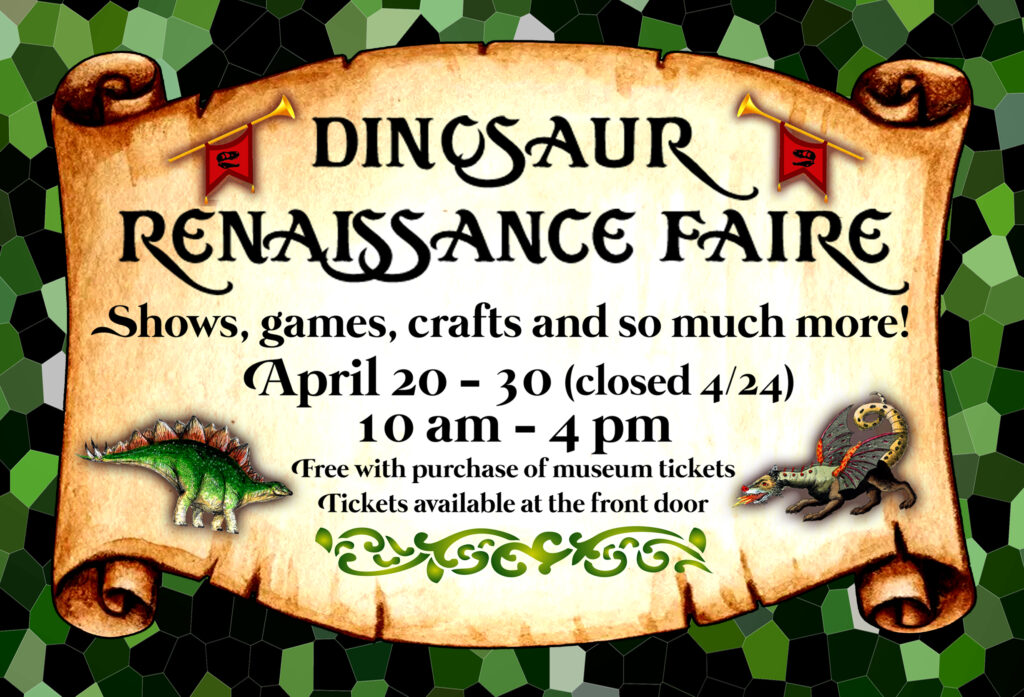- 1 Hour and 30 Minutes
- All Ages
Your guests will get to see the new exhibit Dinosaurs! and Animal Adventure. See robotic and skeletal dinosaurs and over 40 animals with hands-on activities and a dino dig! Your guests get their own private building with a large space for the kids and adults.






